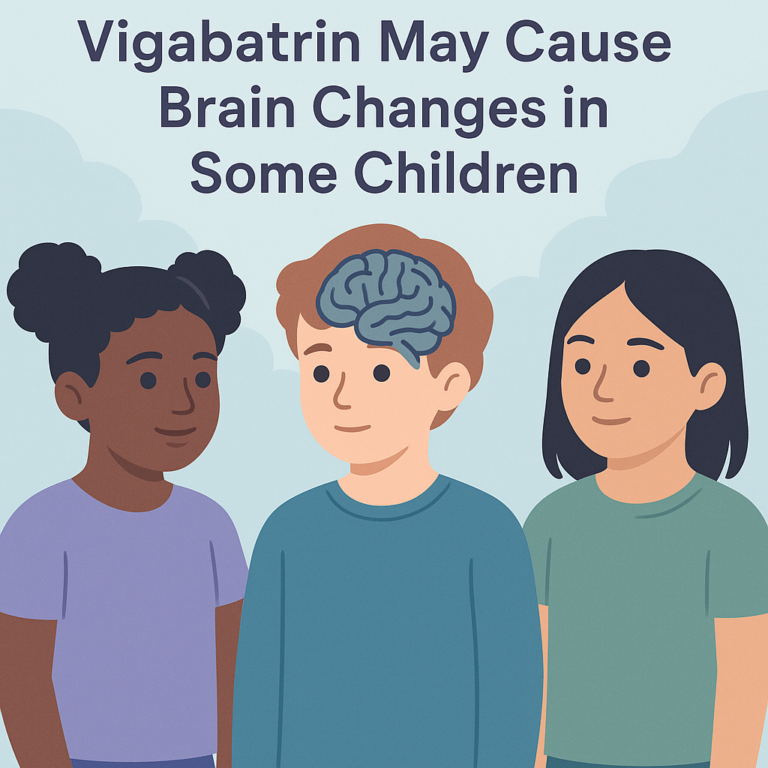Akkermansia Muciniphila May Help Treat Neurological Disorders
Source: Frontiers in neuroscience
Summary
Researchers studied a type of beneficial bacteria called Akkermansia muciniphila (A. muciniphila) and its effects on various neurological disorders, including epilepsy, Alzheimer's disease, and depression. This review looked at how A. muciniphila interacts with the gut and brain, exploring its potential to help with these conditions. The study focused on the mechanisms through which this bacteria might influence brain health and function.
The key findings suggest that A. muciniphila can have protective effects on the brain. It helps strengthen the gut barrier, regulates fat metabolism, produces substances that are good for brain health, and reduces inflammation in the brain. These actions indicate that A. muciniphila could be a promising option for treating neurological disorders by improving gut health and, in turn, brain health.
This research is important because it opens up new possibilities for treating neurological disorders through the gut-brain connection. However, there are limitations, such as the lack of large-scale human studies and the complexity of how gut bacteria interact with our bodies. More research is needed to fully understand how A. muciniphila can be used in clinical settings, including well-designed trials to gather more evidence.
Free: Seizure First Aid Quick Guide (PDF)
Plus one plain-language weekly digest of new epilepsy research.
Unsubscribe anytime. No medical advice.





